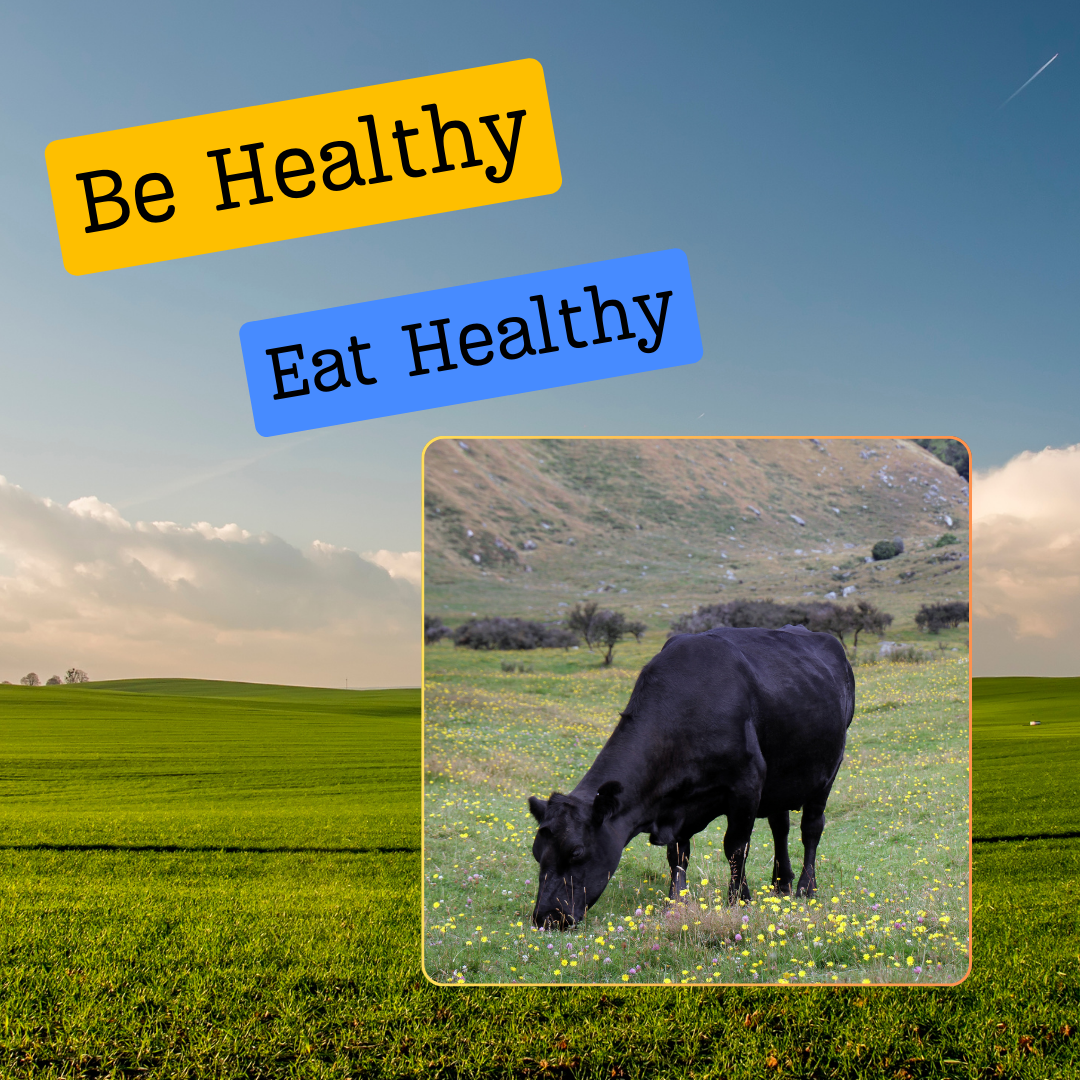
Grass-Fed Beef: A Healthier Choice for Your Meat Selection
Grass-Fed Beef: A Healthier Choice for Your Meat Selection
Introduction:
In recent years, there has been a growing awareness of the impact our dietary choices have on our health and the environment. As consumers become more conscious about the sources of their food, the demand for high-quality, ethically raised meat has increased. One such option gaining popularity is grass-fed beef. In this blog post, we'll explore the numerous health benefits associated with choosing grass-fed beef over conventionally raised meat, not only for you but also for the planet. We'll also touch upon the significance of sustainable practices, with a nod to Belleville, a community actively embracing these changes.
1: Understanding Grass-Fed Beef
When we talk about grass-fed beef, we refer to cattle that have been exclusively fed on natural pasture and forage throughout their lives. This stands in stark contrast to conventionally raised cattle, which are often fed a diet of grains and soy in feedlots. The difference in diet has a profound impact on the nutritional profile of the meat.
Grass-fed meat is leaner, containing lower levels of unhealthy saturated fats compared to its grain-fed counterpart. It's also rich in essential nutrients such as omega-3 fatty acids, which are known for their heart-healthy properties. Choosing grass-fed beef is not just about personal health but also contributes to sustainable agriculture practices that benefit the environment.
2: Health Benefits of Grass-Fed Beef
A significant advantage of grass-fed beef is its potential to improve cardiovascular health. The lower content of saturated fats and the increased presence of omega-3 fatty acids in grass-fed meat can help reduce the risk of heart disease. Studies have shown that including grass-fed beef in your diet may lead to healthier cholesterol levels and better overall cardiovascular well-being.
Moreover, grass-fed beef is a rich source of antioxidants, including vitamins such as E and C, and beta-carotene. These antioxidants play a crucial role in neutralizing free radicals in the body, potentially lowering the risk of chronic diseases and promoting overall health.
In comparison to conventionally raised meat, grass-fed beef is also higher in certain essential minerals such as zinc and iron. These minerals are vital for maintaining a robust immune system and preventing conditions like anemia. For those seeking a nutrient-dense option for their meat selection, grass-fed beef is a clear winner.
3: The Impact on Belleville's Community
Belleville, a community with a strong commitment to sustainability, has been at the forefront of adopting ethical and environmentally friendly practices. The choice to embrace grass-fed beef aligns perfectly with Belleville's values, promoting not only personal health but also supporting local farmers who adhere to sustainable farming methods.
Local markets and businesses in Belleville have started prioritizing grass-fed beef, recognizing its positive impact on the health of the community and the environment. By choosing grass-fed over conventionally raised meat, residents of Belleville are not only making a healthier choice for themselves but also contributing to the growth of a more sustainable and eco-friendly local food system.
In conclusion, your choice of meat can have a profound impact on your health and the well-being of the planet. Grass-fed beef, with its myriad health benefits and support for sustainable agriculture, emerges as a clear winner in the meat selection dilemma. In Belleville, where the community actively embraces sustainable practices, choosing grass-fed beef is not just a dietary choice; it's a statement about values and a commitment to a healthier and more sustainable future.
As you consider your meat options, we encourage you to explore the benefits of grass-fed beef and share your thoughts in the comments below. How has your experience been with grass-fed meat, and what changes have you noticed in your health? Your insights and stories can inspire others to make informed choices for a better, healthier world.